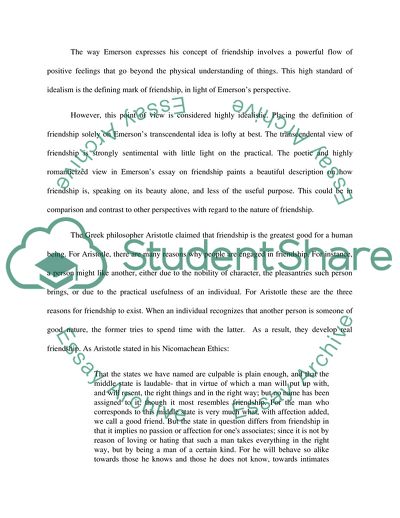Cite this document
(The Thought of Friendship Article Example | Topics and Well Written Essays - 1250 words, n.d.)
The Thought of Friendship Article Example | Topics and Well Written Essays - 1250 words. https://studentshare.org/philosophy/1767115-friendship
The Thought of Friendship Article Example | Topics and Well Written Essays - 1250 words. https://studentshare.org/philosophy/1767115-friendship
(The Thought of Friendship Article Example | Topics and Well Written Essays - 1250 Words)
The Thought of Friendship Article Example | Topics and Well Written Essays - 1250 Words. https://studentshare.org/philosophy/1767115-friendship.
The Thought of Friendship Article Example | Topics and Well Written Essays - 1250 Words. https://studentshare.org/philosophy/1767115-friendship.
“The Thought of Friendship Article Example | Topics and Well Written Essays - 1250 Words”. https://studentshare.org/philosophy/1767115-friendship.


